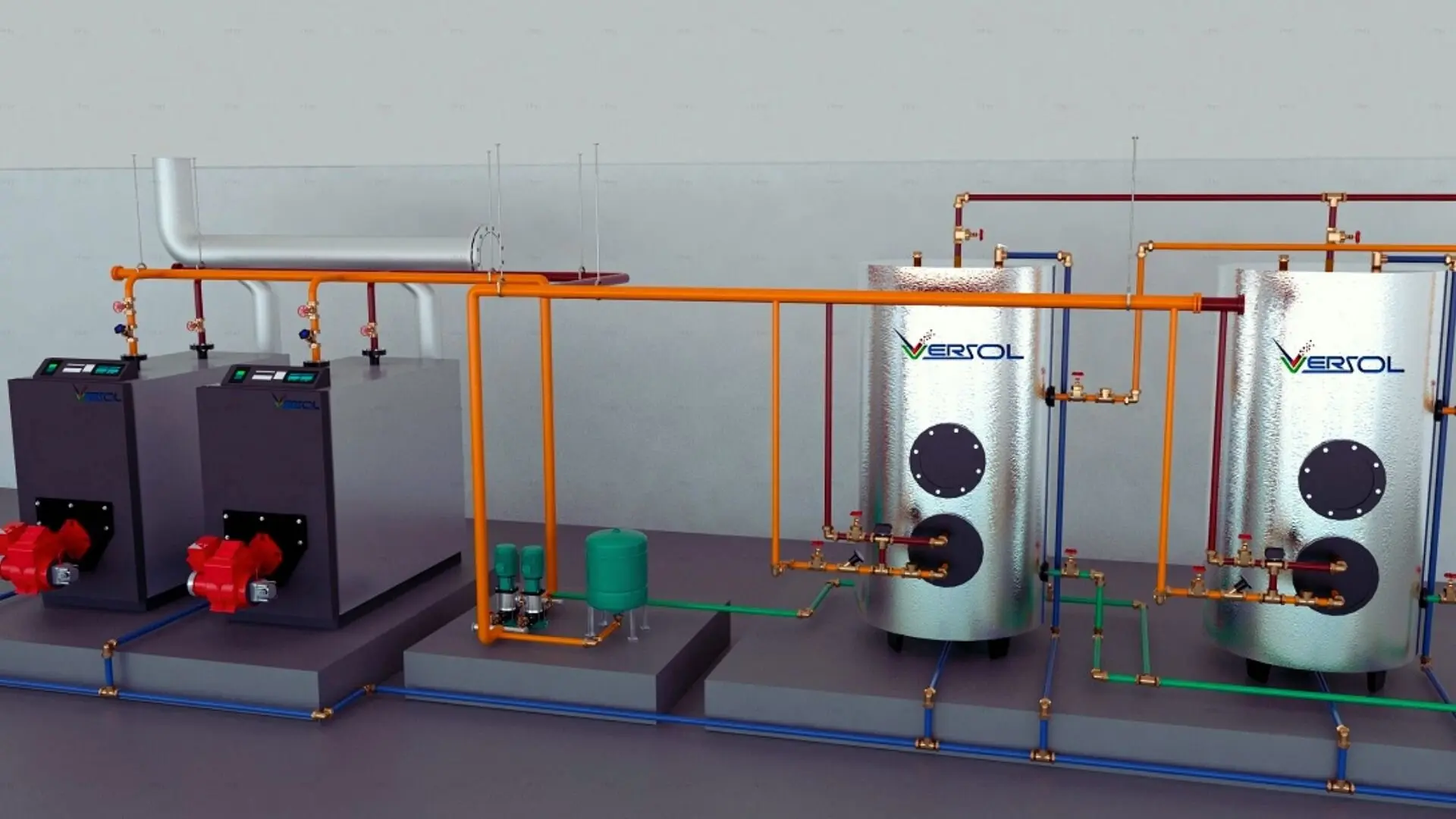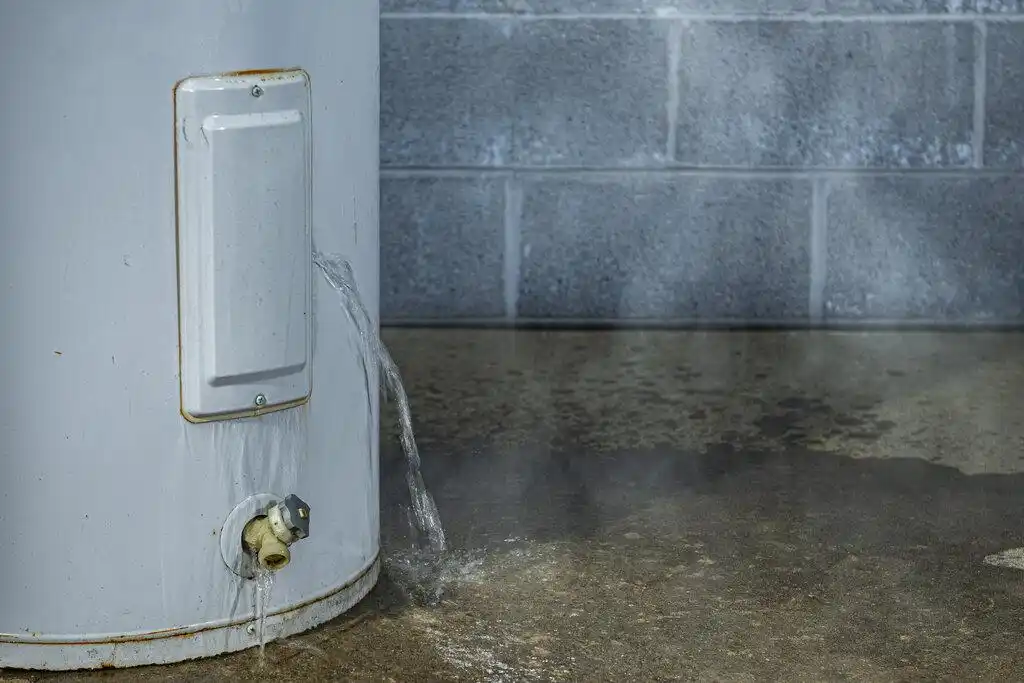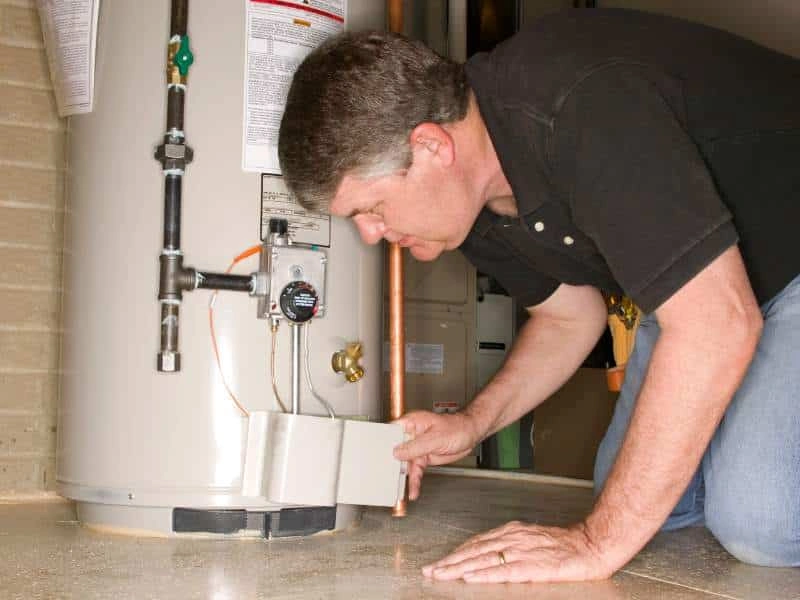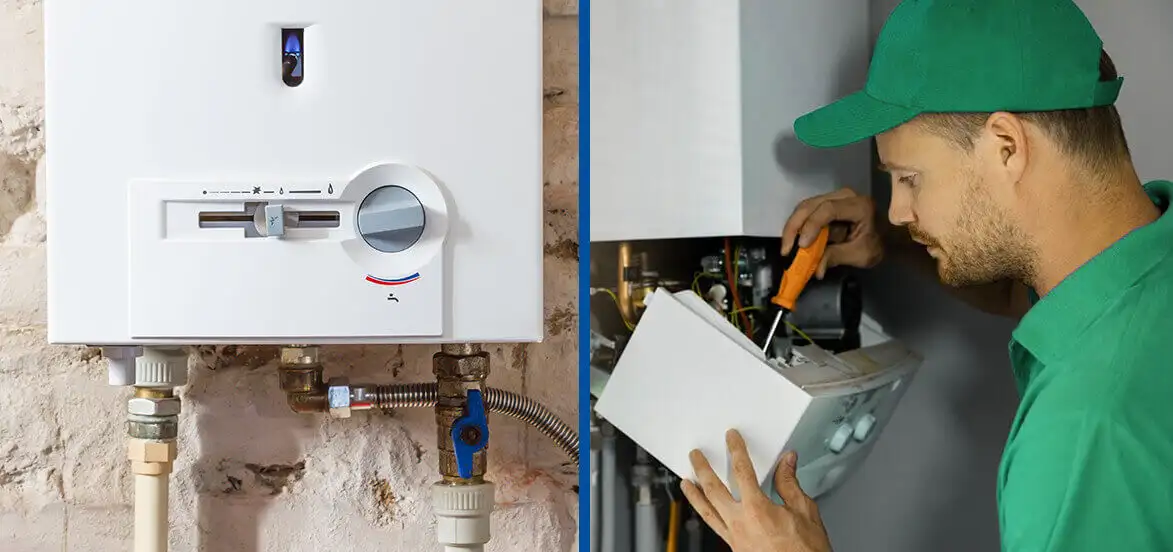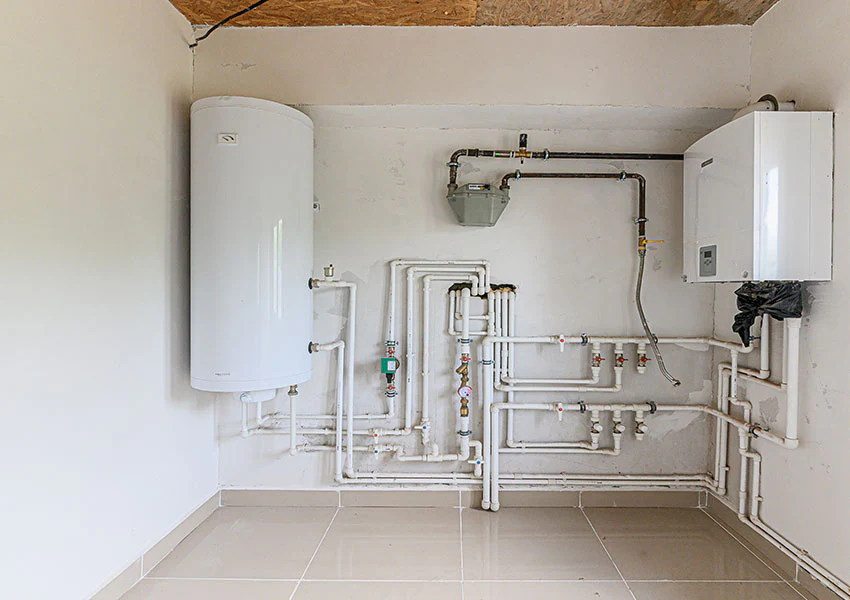Is Your Hot Water System Draining Your Wallet? Watch for These Signs
As a homeowner, you rely on your water heating system daily for showers, dishwashing, laundry, and more. But what if your trusted system is silently driving up your energy bills? Over time, even the most reliable systems can become inefficient, costing you more than you realize. If you’ve noticed rising utility bills or inconsistent performance, it might be time to assess whether your current setup fits your home best. Here’s how to spot the signs of inefficiency and what to do about it.
Why an Inefficient Hot Water System Costs You More
According to the U.S. Department of Energy, your heating system accounts for a significant portion of your home’s energy usage—up to 20%. An outdated or faulty unit uses more energy to heat water, leading to higher monthly bills. Additionally, inefficiencies often go unnoticed until they cause a sudden cost spike or total breakdown, leaving homeowners scrambling for emergency repairs. Identifying the subtle warning signs of an inefficient system early can save you from unexpected expenses and ensure your home runs smoothly, especially during colder months.
Key Signs Your Water Heater is Inefficient
- Rising Bills Without Increased Use
If your utility bills have been creeping up without changing your household’s water usage, your heating system could be the culprit. An older unit or one with sediment buildup requires more energy to heat the same amount of water, driving costs higher. - Inconsistent Water Temperature
Does your hot water suddenly turn lukewarm or even cold during use? This fluctuation often indicates that your system struggles to maintain a consistent temperature, a clear sign of inefficiency. Lukewarm water can be a sign of a failing heating element, a malfunctioning thermostat, or even a leak in the system. - Unusual Noises
Loud popping or rumbling sounds from your tank are often caused by sediment buildup. This sediment forces the system to work harder, increasing wear and tear and increasing energy consumption. - Leaks and Water Damage
Leaks and water damage can be a major sign that your hot water system is in need of repair or replacement. If you’ve noticed water pooling around the base of your system or signs of water damage on your walls or ceilings, it’s essential to address the issue as soon as possible. - Frequent Repairs
If you’ve noticed that your hot water system requires more frequent maintenance or repairs, it may be a sign that it is nearing the end of its lifespan. Increased maintenance needs can also signify a larger issue and should be addressed immediately. - Rusty Discoloured Water
Rusty water coming from your faucets is a sign of internal corrosion. While this is often a plumbing issue, it could also indicate a failing tank that needs replacing. - Age of System
Most traditional water heating systems have a lifespan of 10–15 years. If yours is nearing or has exceeded this range, it’s likely operating far less efficiently than newer models. It may be worth considering replacing it with a newer, more efficient model.
How Inefficiency Impacts Your Home
An outdated or poorly functioning system doesn’t just affect your wallet; it also impacts your comfort and the environment. Inefficient units consume more energy, leading to a larger carbon footprint. They’re also more likely to run out of hot water during peak usage, disrupting your daily routine.
What to Do If Your System is Inefficient
If you suspect your hot water system is costing you more than it should, here are some steps to take:
Schedule a Professional Inspection
A licensed plumber can evaluate your system’s efficiency and determine whether repairs or a replacement is the best action.
Consider Upgrading to an Energy-Efficient Model
Modern options, such as tankless systems or ENERGY STAR-certified units, are designed to minimize energy consumption and save you money in the long run.
Flush Your Tank Regularly
Sediment buildup is one of the most common causes of inefficiency. Flushing the tank once a year helps maintain optimal performance.
Insulate Your System
Insulating the tank and pipes reduces heat loss, allowing the heating system to work less to maintain the desired temperature.
Why Upgrade Now?
Seasonal changes and the approaching holidays often increase hot water demand. If your system is already inefficient, this added strain could cause it to fail when you need it most. Upgrading now ensures your home is ready for family gatherings, guests, and cold weather.
Don’t Let an Inefficient Hot Water System Cost You More!
If you notice any of these signs, it’s time to act. For a comprehensive system inspection or to explore energy-efficient upgrade options, contact our experienced team at All Star Plumbing and Restoration for 24-hour emergency plumbing service in California. Call us today or schedule your consultation online. Let us help you save money and improve your home’s efficiency!


